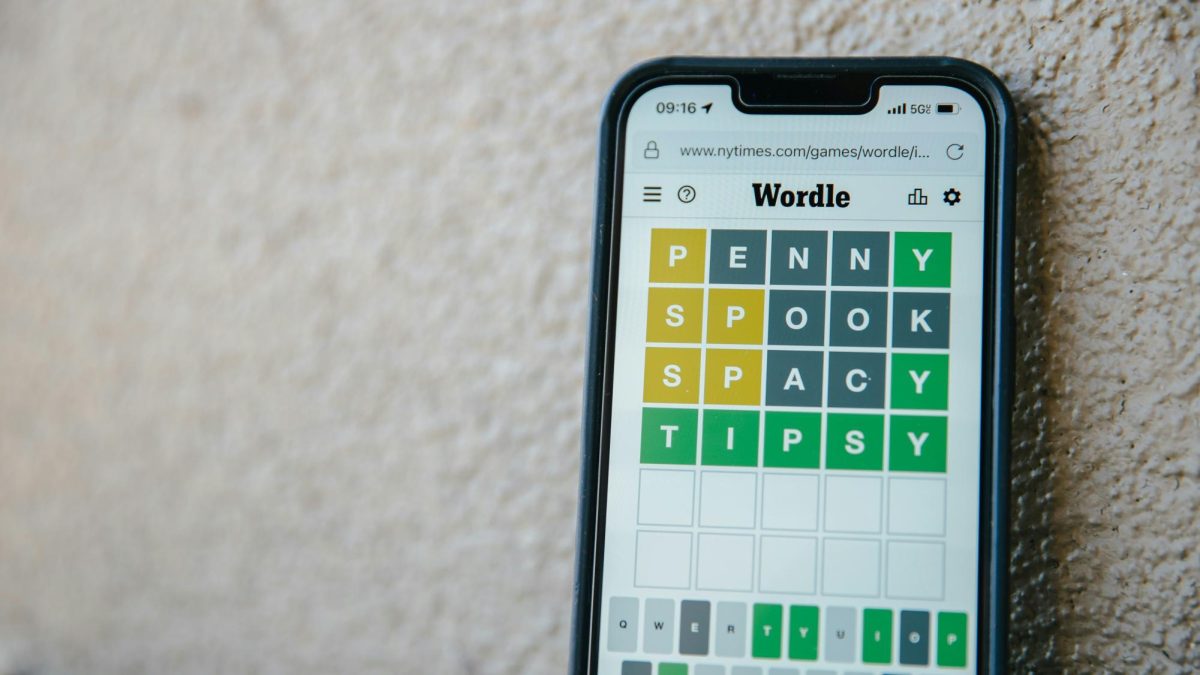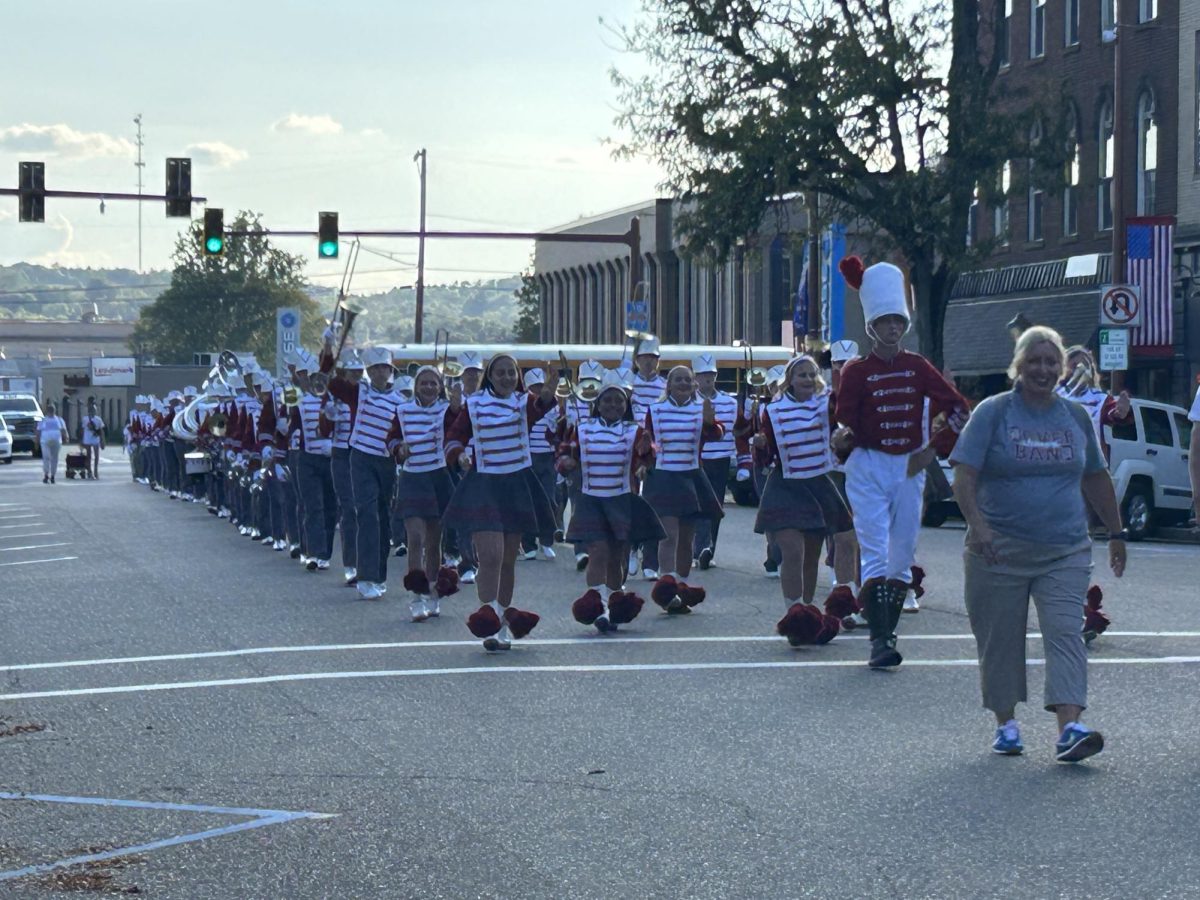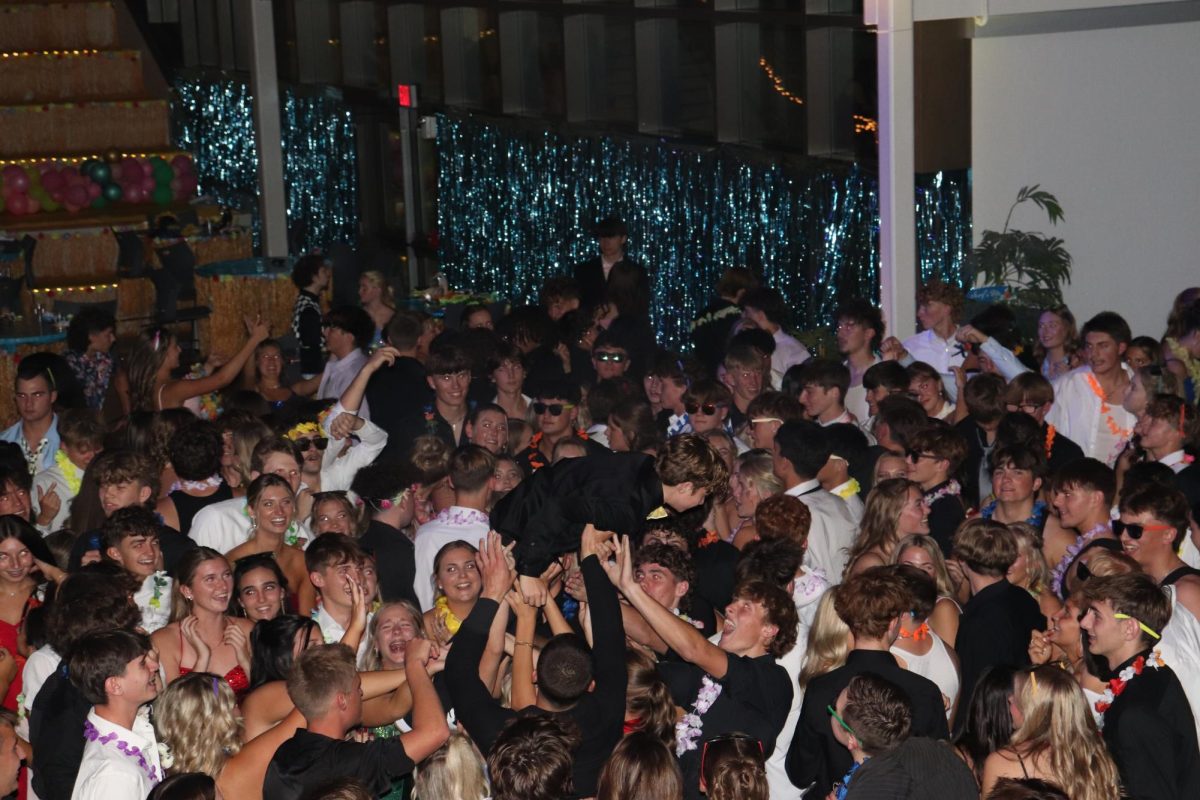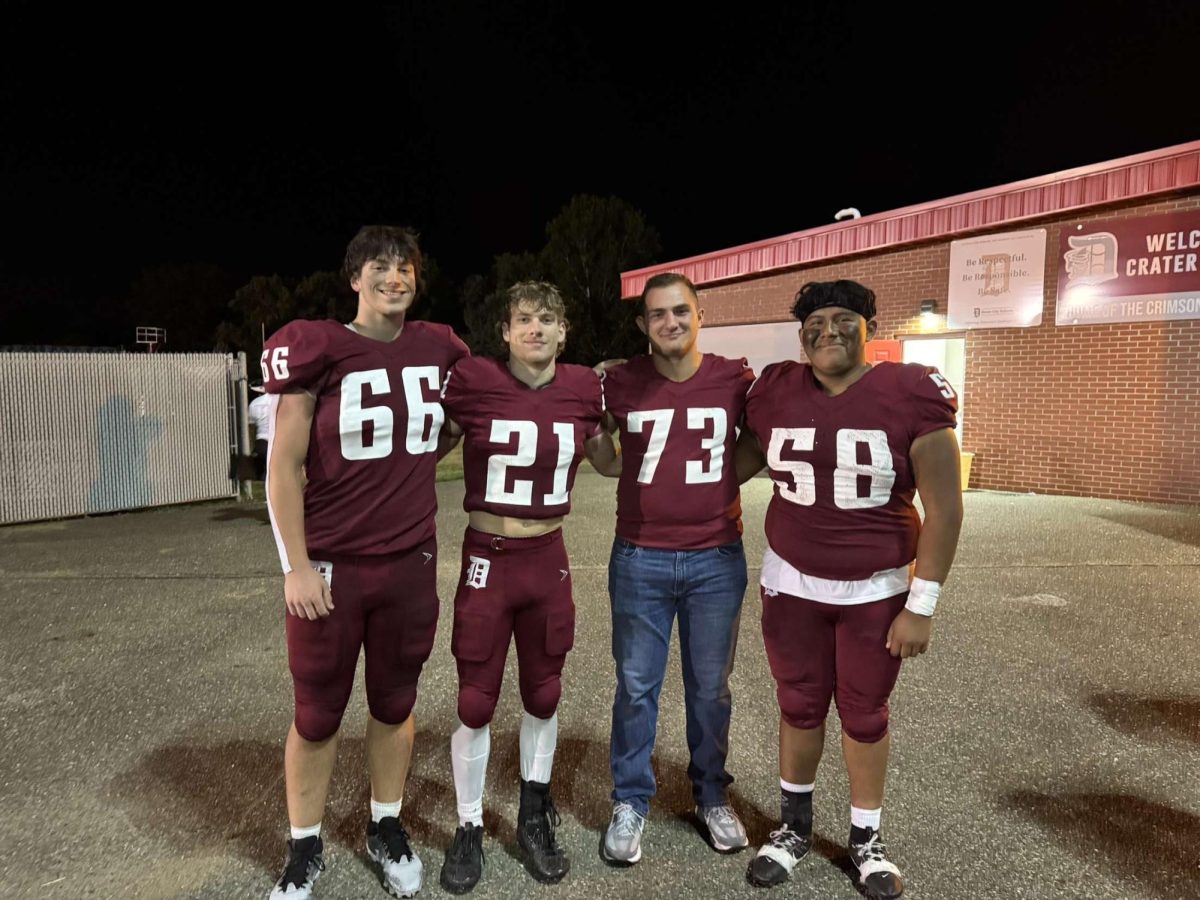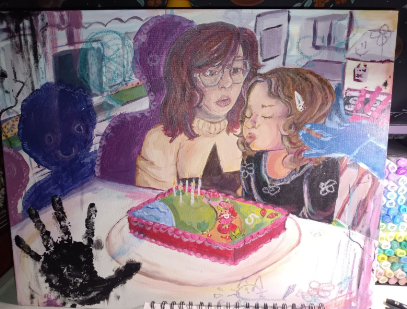It happened a few days ago: the worst event in Dover High School history. The tech department blocked The New York Times’s games! This tragedy has caused grief and panic amongst the students of Dover High; thoughts of protests and riots have started in an attempt to avenge our loss. For the past few years, it seems the tech department has been out to get us and seize all joy. They’ve ripped fun and relaxation out of our hands at the request of our beloved teachers. The New York Times’s games, specifically Wordle, are not the first or last to get blocked at our school. As far back as I can remember, it all started with Slither.io in elementary school. One could say that was “the day the music died” because it was definitely the day I realized the world was a cruel, dark place.
The blocking of Wordle was inevitable, as it was for Slither.io, Snake, and many other adored games. I can see why teachers felt the need to have these games blocked, as they were a distraction in class. However, as far as I (and many others) are concerned, they did not affect our grades at all. Wordle and the Mini-Crossword could even be considered educational! These games require brain power and serious thought! I’ve quite literally seen entire classes full of borderline enemies work together to overcome the daily online games. If not educational, the games at least brought everyone together, which holds a lot of weight in high school (where bonding is not easy, to say the least).
These games were stress-relieving and only took a few minutes depending on the difficulty of the day’s challenge, of course. When classwork would get a little overwhelming, or you’d find yourself in your third study hall of the week with yet again nothing to do, these games were the perfect solution. Simple online games like Wordle provided relief from the tough high school trenches.
I asked a couple of my best friends for their opinions on the block and some other potential solutions, and they definitely felt very strongly about this topic. Madilyn Marshall, whose father is the head of our tech department commented, “I feel that it was blocked unnecessarily. Even if some people play the game when they are supposed to be doing work, it doesn’t mean that everyone should lose access to what is a semi-educational game. The people who are abusing this privilege will simply move to a different website, and thus no real effect has been made. (Except pushing people toward potentially less educational games). Instead, they could specifically block the person who was causing issues instead of the collective.” I obviously agree with this statement. Also, while interviewing Madilyn, the idea occurred to me that you can only play these games once per day! Even if they were played during class, the games are not something that would take up an entire period. You can play every popular daily challenge in under a few minutes!
Next, I talked to Shelby Walton. She agreed full-heartedly with Madilyn and me. Shelby said “The tech department blocking the New York Times is completely preposterous. They have blocked a news website, meanwhile, they haven’t blocked Netflix, which students can use in class to watch explicit content! I have resorted to playing non-educational games in study hall that will probably rot my brain instead of playing educational games like the NYT Wordle, Connections, and Crossword. Blocking the NYT will not stop students from messing around in class. I hope the tech department realizes the mistake they made and quickly takes steps to reverse it.” Shelby and Madilyn both brought up some good points that I think should be considered, along with my own.
Clearly, many people are heartbroken over this new development. We, as a whole, want these wrongs to be righted! We will continue to fight for Wordle until the war is won. All we want is our favorite games back! I hope this article fans the flames and that the spark doesn’t die out. Give us Wordle or give us death!

